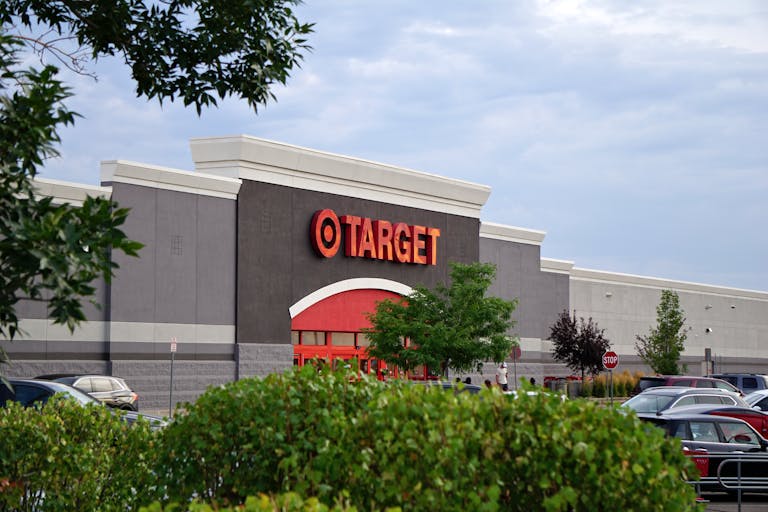The Rise of Private Label Brands A Gateway to Value and Growth
In a world where every penny counts, private label brands are stepping into the spotlight as more consumers prioritize value without sacrificing quality. But what makes these brands so appealing, and how can businesses harness this growing trend? Let’s dive into the world of private label brands, uncover opportunities, share real-life strategies, and provide tips for future-proofing these ventures.
What Are Private Label Brands?
Private label brands are products manufactured by a third-party supplier but sold under a retailer’s brand name. Think Costco’s Kirkland Signature or Amazon Basics—brands that deliver premium features but at a fraction of the cost compared to national labels. They’re increasingly sought after, especially by budget-conscious shoppers.
Top Categories for Private Label Products by Industry
Private labels thrive in specific industries where affordability, variety, and consumer demand intersect. Here’s a quick look at the most popular categories:
| Industry | Popular Private Label Categories |
|---|---|
| Grocery & Food | Organic snacks, frozen meals, pantry staples |
| Health & Beauty | Skincare, vitamins, personal care essentials |
| Household Goods | Cleaning products, paper goods, kitchen supplies |
| Apparel | Basics like socks, t-shirts, activewear |
| Electronics | Chargers, accessories, headphones |
| Baby Products | Diapers, wipes, baby food |
| Pet Supplies | Food, toys, grooming products |
This focus on essentials and high-demand items ensures private label brands maintain relevance and cater to consumer needs across various industries.
The Private Label Branding Opportunity
Private labels aren’t just a cost-saving venture for consumers; they’re a goldmine for businesses. Why?
- Increased Profit Margins: By cutting out intermediaries, retailers pocket more profit.
- Brand Loyalty: Exclusive offerings can make customers return to specific retailers.
- Market Differentiation: With the right design and messaging, private labels can stand out as premium alternatives.
Case in point: Trader Joe’s has mastered the art of private labeling with quirky branding, unique flavors, and competitive prices, creating a cult-like following.
How to Build a Thriving Private Label Brand in 6 Steps
Launching a successful private label brand requires a clear strategy. Here’s how to make it happen:
- Develop Your Concept
- Use market research and customer insights to identify gaps. Focus on popular, growing product categories or trends like sustainability or tech-friendly essentials.
- Pricing and Variety
- Create options that deliver value without sacrificing profit. Offer different sizes, bundles, or price tiers to appeal to a broader audience.
- Packaging & Branding
- Invest in attractive, eco-friendly packaging. Design a unique brand identity that resonates with your target customers, blending aesthetics with functionality.
- Innovation and Quality
- Regularly improve your product based on reviews and market trends. Partner with trusted manufacturers to maintain consistent quality.
- Grow Awareness with Product Sampling
- Targeted product sampling allows consumers to try before committing. Work with influencers, social media campaigns, or customer loyalty programs to spread the word.
- Optimize Your Product Page & Social Media Presence
- On e-commerce platforms, ensure product pages feature:
- High-quality images
- Detailed descriptions with benefits
- SEO-rich content for visibility
- Customer reviews and Q&A sections
- Build a social media strategy with lifestyle imagery, tutorials, and behind-the-scenes content to attract customers.
- On e-commerce platforms, ensure product pages feature:
Private Label Branding Done Right
- Amazon Basics: Known for affordable, reliable products like chargers, batteries, and home essentials. By focusing on everyday items, they’ve captured a loyal customer base.
- Trader Joe’s: Unique branding and curated products create exclusivity. Consumers feel they’re buying something special while saving money.
- Target’s Good & Gather: Health-conscious shoppers are drawn to this line’s emphasis on natural ingredients and stylish packaging.
These brands succeed because they focus on delivering value, consistency, and a unique identity.
Impact of Private Labels on Brands and Consumers
For consumers, private labels offer a win-win: premium quality without the premium price tag.
- Increased Savings: Private label products are often 20-30% cheaper than national brands.
- Customization: Retailers tailor private label products to meet the specific preferences of their audience.
However, national brands face challenges:
- Competitive Pressure: Private labels often take shelf space and attention away from established brands.
- Price Wars: Brands must innovate or lower prices to remain competitive.
For retailers, private labels can foster loyalty. Consumers who associate your private label with quality and savings are more likely to keep shopping with you.
Future-Proofing Your Private Label Brand
To safeguard and grow your private label brand, follow these tips:
- Stay Agile: Monitor market trends like sustainability, tech integration, and health-conscious products.
- Leverage Customer Data: Use insights from reviews, sales data, and social media to adjust your offerings.
- Innovate Regularly: Refresh product lines to stay relevant and appealing.
- Enhance Transparency: Highlight sourcing, eco-friendly practices, or certifications to build trust.
- Promote Sustainability: From biodegradable packaging to carbon-neutral production, sustainability adds long-term value.
Private Labels as the Future of Retail
Private label brands have moved from “budget alternatives” to powerful players in retail and e-commerce. As consumers demand value, quality, and transparency, brands that embrace innovation and customer-centric strategies will thrive.
From a clever name to standout packaging and SEO-optimized product pages, building a successful private label brand is a blend of art, science, and strategy.
So, whether you’re launching a new eco-friendly cleaning line or stylish basics for modern living, the private label opportunity is ripe for the taking. The future of retail belongs to those who listen, innovate, and deliver.







